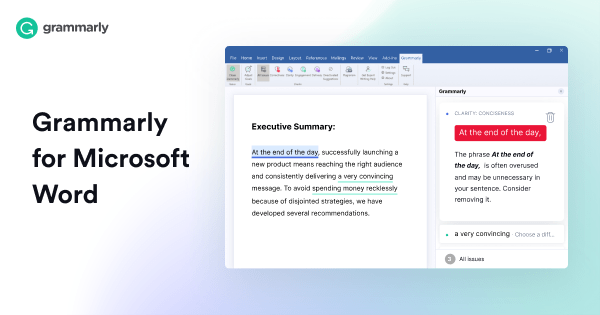
Whenever the CRM application invokes an event (like saving or updating a record), the following sequence of actions takes place − Plug-ins registered in this stage are executed within the database transaction. Stage in the pipeline for plug-ins which are to executed after the main operation. No custom plug-ins can be registered in this stage. Intransaction,the main operation of the system, such as create, update, delete, and so on. Plugins registered in this stage are executed within the database transaction. Stage in the pipeline for plug-ins that are to executed before the main system operation. Plug-ins registered in this stage may execute outside the database transaction. Stage in the pipeline for plug-ins that are to execute before the main system operation. You can’t register plugins on Platform Core Main Operations. Out of all the specified pipeline stages in the following table, you can register your custom plugins only on Pre- and Post-events.
MICROSOFT WORD PLUGINS CODE
The pipeline stage specified indicates at which stage of the plugin execution cycle, your plugin code runs. The entire plugin pipeline is divided in multiple stages on which you can register your custom business logic. Whenever an event triggers a plugin logic, a message is sent to the CRM Organization Web Service where it can be read or modified by other plugins or any core operations of the platform. The Event Processing Framework in CRM processes the synchronous and asynchronous plugin requests by passing it to the event execution pipeline. You want to automate processes such as sending e-mails to your customers on certain events in CRM. You want to dynamically calculate the field values when any record is opened. You want to call an external web service on certain events such as saving or updating a record. You want to execute some business logic such as updating certain fields of a record or updating related records, etc. Some scenarios where you would write a plugin are − Plugins are written in either C# or VB and can run either in synchronous or asynchronous mode.

Plug-ins act as event handlers and are registered to execute on a particular event in CRM. A plug-in is a custom business logic that integrates with Microsoft Dynamics CRM to modify or extend the standard behavior of the platform.


 0 kommentar(er)
0 kommentar(er)
